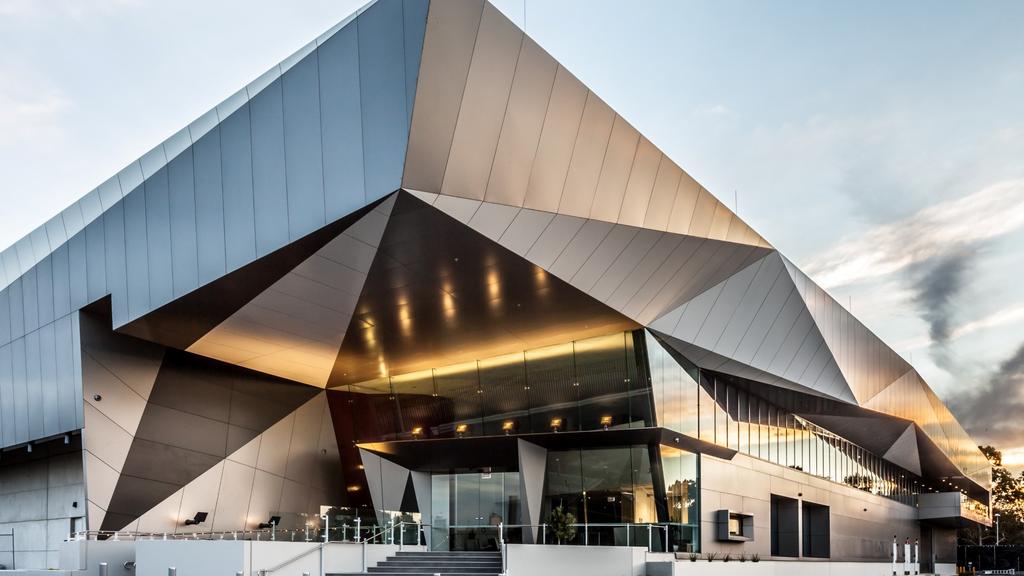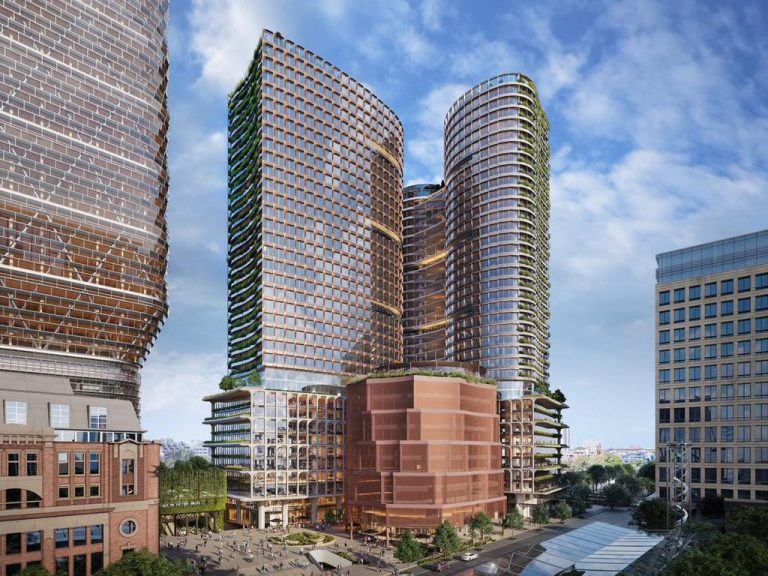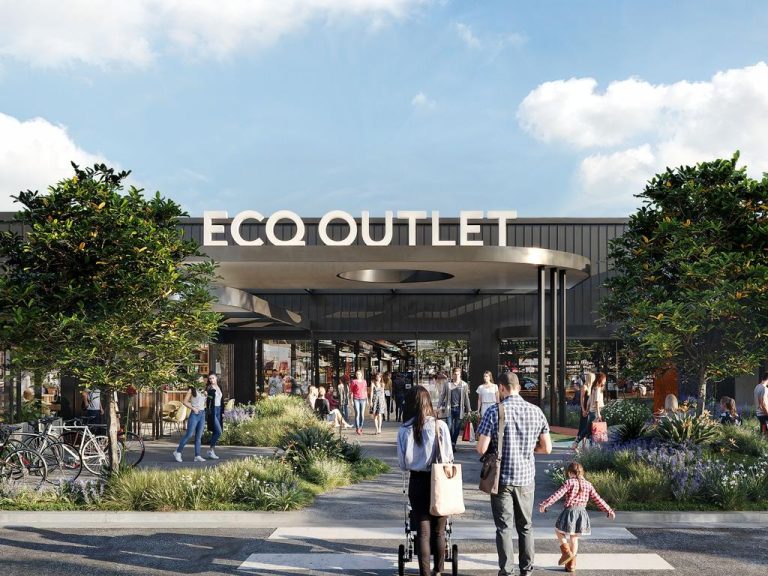Melbourne dominates new data centre projects as AI booms, M3 Property report finds

An Equinix data centre in Melbourne built by FDC.
Melbourne is rising up to challenge Sydney’s data centre market, with a new report finding nearly 75 per cent of all new projects are being built in the Victorian capital.
Of the 183,000sq m of data centre projects under construction, Melbourne has the lion’s share as developers struggle to find available land and energy supply capable of powering the energy-heavy sites, according to a new report from consulting firm M3 Property.
The analysis found that over the next decade, data centres in the nation’s capital, Canberra, and the Queensland capital of Brisbane are also expected to swell in numbers, with big implications for players ranging from the Goodman Group to AirTrunk.
M3 Property national director of specialised assets James Ruben said that while Sydney had a stronghold on the data centre market, its growth was more coincidental than anything else.
“Sydney has taken off, which is probably more luck than anything else,” Mr Ruben said.
“But I would envisage that in due course, really the location of these things will probably be driven by two things; access to power and cost of land.”
Mr Ruben said he wouldn’t be surprised if eventually, data centre towns existed, where the primary industry was maintaining the assets and their connectivity.
“The thing with data centres is that they’re not tied locationally to anywhere in particular,” he said.
“Really, the only constraints are like availability of land and access to power.
“A lot of data centres duplicate their data in different locations for risk management purposes. They can locate in Melbourne if it’s economically sensible to do, but the same centre can easily be located in any city really.”
On Melbourne’s data centre growth, Mr Ruben said while he predicted some minor changes to future sites, there wouldn’t be a remarkable difference.
“You’d expect some kind of uplift, but data centres for the large part don’t have customers arriving there, so it’s not like having a shopping centre with people coming and going every day,” he said.
“Obviously there are operational staff, but it’s probably more akin to an intensive sort of industrial site.”
M3 Property believes that over the next decade, property investors will consider data centres to be as important as other key sectors.
“Really the data centre market is on track to become, in due course, probably as big as any other sector,” Mr Ruben said.
“We’re kind of right at the beginning where it’s still only a select group of investors looking at these things. It’s still on the fringes and considered by a lot of people still as an alternative asset, but 10 years from now, that won’t be the case and it’ll be as core as office or industrial.”







